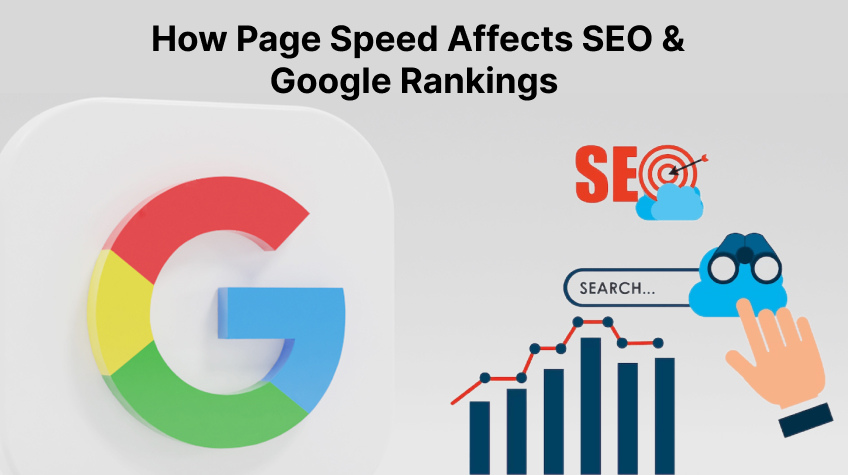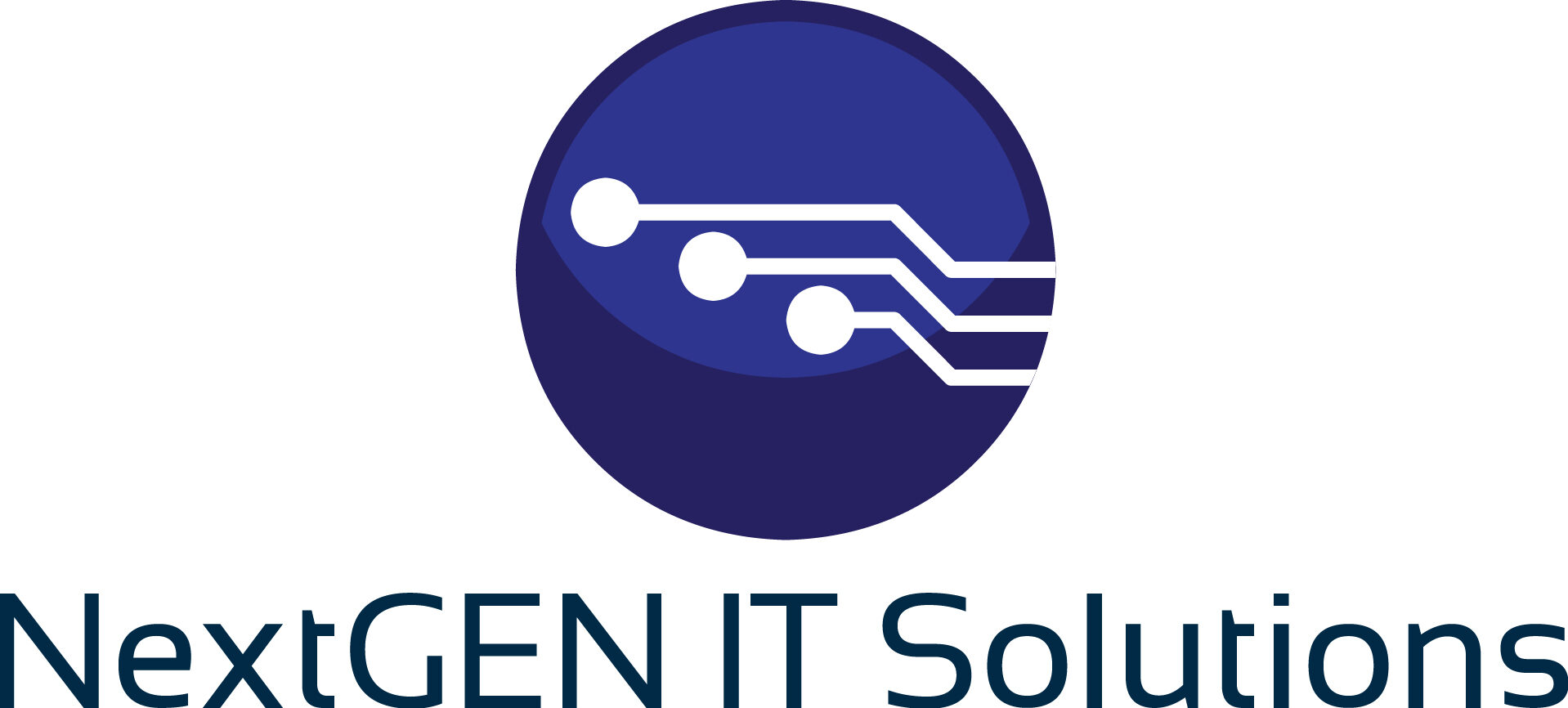How Website Speed Impacts Your Google Rankings in 2025

“Why Isn’t My Site Ranking?”
That’s the million-dollar question for many local business owners.
They’ve built a clean-looking website, claimed their Google Business Profile, maybe even started a blog.
But their traffic is flat. Rankings are stuck. Leads are slow.
The culprit? Your site might be too slow.
Website speed isn’t just a tech detail—it’s a major ranking factor in 2025. If your site is sluggish, Google will punish it, and users will bounce before they ever see your offer.
Why Website Speed Matters for Google Rankings
✅ 1. Google Made Speed a Core Ranking Signal
Google officially rolled out the Page Experience update—which includes speed metrics like:
- First Contentful Paint (FCP)
- Largest Contentful Paint (LCP)
- First Input Delay (FID)
- Cumulative Layout Shift (CLS)
In plain English:
If your site loads slowly or jumps around when loading, Google knocks you down in rankings.
Fast sites = better user experience = higher rankings.
✅ 2. Mobile Users Expect Instant Load Times
Over 60% of searches happen on smartphones.
If your website takes more than 3 seconds to load, most users won’t wait—they’ll hit back and click a competitor.
Google sees that bounce and assumes your content isn’t helpful… even if it’s great.
That’s why speed impacts SEO, bounce rate, and conversions.
✅ 3. Speed Affects User Engagement
A fast-loading website encourages users to:
- Stay longer
- Browse more pages
- Fill out contact forms
- Book appointments
- Trust your business
Every one of those actions helps your SEO score—because Google sees you as more helpful and relevant.
What Slows Down Your Website?
Understanding the common causes helps you fix them fast. Here’s what’s usually to blame:
❌ Large, Unoptimized Images
Uploading high-resolution photos without compression kills load time.
Fix it: Use image formats like WebP and tools like TinyPNG or ShortPixel.
❌ Bloated Code and Plugins
Too many WordPress plugins, unnecessary CSS or JavaScript files, or messy code all slow things down.
Fix it: Trim plugins, clean up scripts, and consider a speed-optimized theme.
❌ Cheap or Overloaded Hosting
Shared hosting might save money but could slow you down—especially during peak traffic hours.
Fix it: Upgrade to managed WordPress hosting or a VPS.
❌ No Caching
Every visitor triggers your site to “build” a page from scratch—unless you’re using caching.
Fix it: Use a caching plugin like WP Rocket, W3 Total Cache, or enable server-side caching.
❌ No Content Delivery Network (CDN)
If you’re serving users across multiple states or regions, a CDN reduces load times by delivering content from servers closer to the user.
Fix it: Use services like Cloudflare or BunnyCDN.
❌ Not Mobile Optimized
Desktop versions of your site may load fine, but mobile might be bogged down with elements that don’t adapt well.
Fix it: Use responsive design and prioritize mobile performance.
How to Measure Website Speed (Free Tools)
Want to know how fast—or slow—your site is?
Here are tools we use at NextGEN IT Solutions:
- Google PageSpeed Insights (pagespeed.web.dev): Measures Core Web Vitals and gives specific improvement suggestions.
- GTmetrix (gtmetrix.com): Visual waterfall of how your site loads.
- Pingdom Tools (tools.pingdom.com): Easy-to-understand grading system.
- WebPageTest.org: Advanced speed analysis including time to first byte.
Aim for a loading time of under 3 seconds, with performance scores above 85.
Real-World Example: Speed Boost = SEO Boost
One of our clients—a local service company in Venango County—was struggling to get found.
Their site took 5.8 seconds to load. Their bounce rate was over 80%. Rankings were stuck on page 2.
We stepped in:
- Compressed 250+ images
- Switched them to premium managed hosting
- Installed caching and a CDN
- Removed 7 unnecessary WordPress plugins
- Optimized mobile layout
📈 The result:
- Load time dropped to 1.7 seconds
- Bounce rate dropped to 42%
- They hit page 1 for 5 major keywords in 60 days
- Phone calls increased 47%
How Speed Impacts Local Businesses Specifically
For small businesses, speed is even more critical because:
- You’re likely competing in map results, where load time is factored
- Many local searchers are on mobile and want info fast
- You might be running PPC or social ads—if your site is slow, those ad dollars go to waste
Faster websites rank better, convert more, and retain traffic longer.
Quick Wins to Speed Up Your Site Today
- Compress all images before uploading
- Use WebP format instead of JPG/PNG
- Limit WordPress plugins to essential only
- Enable caching via plugin or hosting
- Use a CDN like Cloudflare (free tier is solid)
- Minify CSS/JS files (many plugins can help)
- Choose a fast hosting provider (we recommend SiteGround, Cloudways, or similar)
- Run Google PageSpeed and fix top issues one at a time
Need help? We do this for clients all the time.
Why Speed Is Now a Branding Issue Too
It’s not just about SEO anymore.
A slow website sends the wrong message:
- “We’re not professional.”
- “We don’t care about your experience.”
- “We’re behind the times.”
In a competitive market—especially in small towns like ours—that perception costs you leads.
Speed equals trust. Trust equals conversion.
Want a Faster Website That Ranks Higher?
At NextGEN IT Solutions, we specialize in:
- Speed and performance audits
- Core Web Vitals fixes
- Image and code optimization
- Hosting and CDN configuration
- Full SEO and website rebuilds if needed
📞 724-204-1950
🌐 https://nextgen-itsolutions.com/contact
Slow sites don’t just frustrate users. They fail to grow your business. Let’s fix that—fast.



